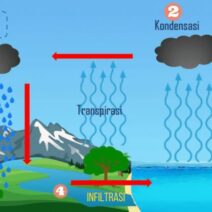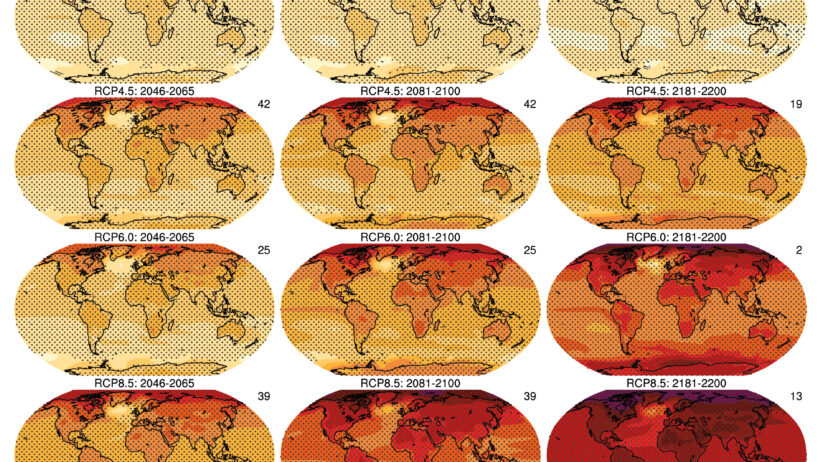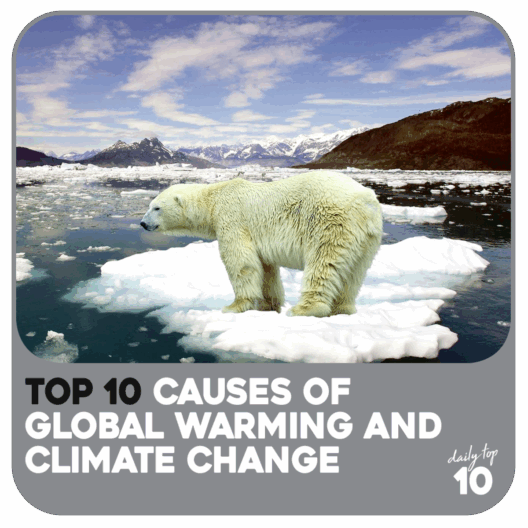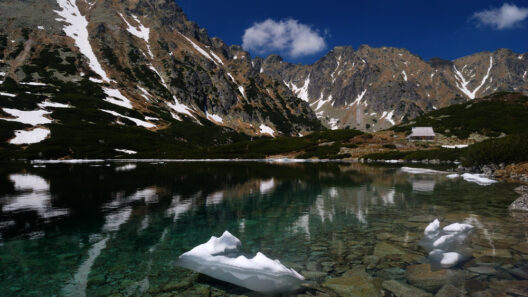The relationship between global warming and climate change is often misconstrued as synonymous, leading to widespread confusion among the general populace. Yet, while interconnected, these terms encapsulate distinct phenomena that warrant closer examination. In this discourse, we interrogate the nuances that differentiate these concepts and elucidate the broader implications stemming from their frequent conflation.
To embark on this exploration, one must first demystify the definitions of global warming and climate change. Global warming, in essence, refers to the gradual increase in the Earth’s average surface temperature attributable primarily to the accumulation of greenhouse gases in the atmosphere. This phenomenon is chiefly driven by human activities, such as the burning of fossil fuels, industrial processes, and deforestation. In opposition, climate change encompasses a more extensive suite of alterations that extend beyond temperature fluctuations. It includes shifts in weather patterns, increasing frequency and intensity of extreme weather events, rising sea levels, and alterations in ecosystem dynamics.
The interplay between these two issues is profound. While global warming can be viewed as a vital cog in the broader machinery of climate change, it is critical to recognize that not all climate change is a direct result of global warming. Historical and natural climatic shifts have, over geological epochs, also led to changes in climate independent of anthropogenic influences. Therefore, while global warming is a catalyst for contemporary climate change, it does not singularly define the entirety of this multifaceted dilemma.
One might ponder why it is essential to distinguish these terms in public discourse. The conflation of global warming with climate change can result in an oversimplification of a complex issue. This oversimplification risks stymieing necessary action against climate crises. When individuals approach climate debates with a muddled understanding of the underlying factors, the urgency to adopt robust mitigation and adaptation strategies may wane. Recognizing that global warming is a significant contributor to climate change fosters a more nuanced perspective and prompts dedicated engagement with scientific insights.
Moreover, the semantic precision surrounding these terminologies bears significant implications for policy-making. Policymakers, advocates, and scientists must communicate effectively with the public. When the underlying causes and consequences of climate phenomena are misrepresented or poorly understood, the policymaking process suffers. Complications arise in developing protocols for emission reductions, funding renewable energy sources, or implementing climate justice initiatives. A clear distinction allows for targeted solutions that tackle the specificities of warming and its broader climatic impacts distinctively.
The repercussions of climate change are extensive and profound. Climate change manifests in increasingly erratic weather patterns, leading to devastating consequences for agriculture, wildlife, and human health. A distinction must be made between temperature increases—which might not seem drastic at first glance—and their ramifications, such as droughts, flooding, or the proliferation of disease-bearing organisms. These consequences can disrupt food supply chains and catalyze migration crises, adding urgency to the need for precise understanding and action.
Moreover, the psychological impact of misunderstanding these concepts cannot be overstated. A common narrative that portrays climate change solely as an outcome of global warming can engender resignation in individuals who may feel that the tide of warming cannot be reversed. Conversely, a robust discussion about climate change—including its various contributors—can empower individuals and communities to act. Whether through grassroots activism, educational efforts, or ecological conservation, clarity on these terms emboldens diverse and innovative responses to the challenges at hand.
Furthermore, addressing global warming and climate change requires interdisciplinary collaboration. While climatologists focus on data modeling and temperature trends, ecologists investigate the repercussions on biodiversity. Understanding these terms illuminates various pathways for research and action, ensuring that experts from diverse fields coalesce to find solutions. Enlightened collaboration holds the potential to catalyze integrated approaches that address not only the immediate effects of warming but also the broader, systemic challenges presented by climate change.
In conclusion, while global warming and climate change are invariably linked, they are not interchangeable. The specificity of these terms carries weight, not just in academic circles but also in the broader societal context. A nuanced understanding of their relationship fosters informed dialogue, encourages effective policy formulation, and galvanizes meaningful individual and collective action. Embracing the complexity of climate science enables a multifarious approach to combat this exigent crisis. As global citizens, it is our responsibility to seek clarity, advocate awareness, and promote understanding in the face of climate-related challenges. The distinction between global warming and climate change is not just a matter of semantics; it is pivotal in framing the future of our planet.








